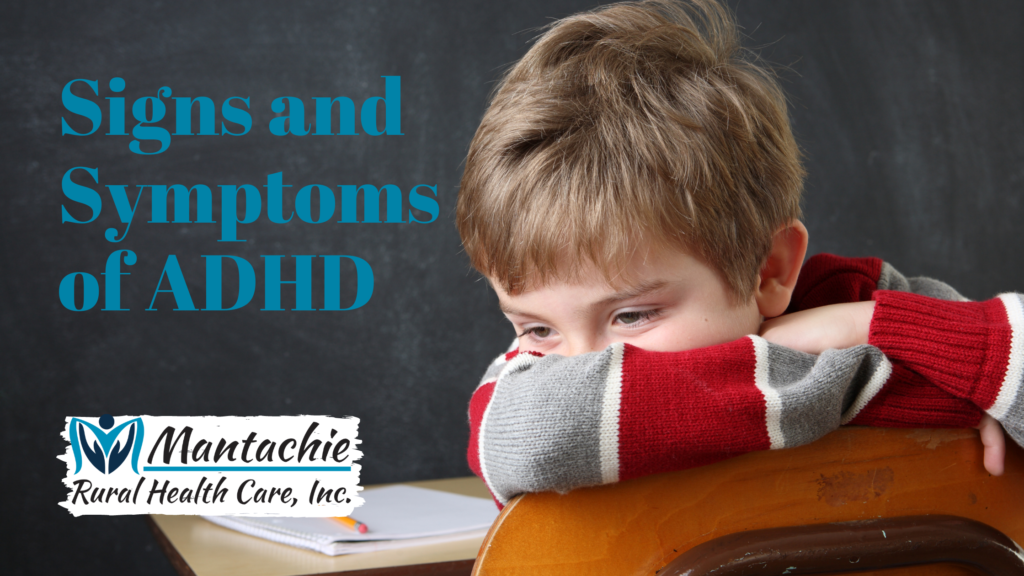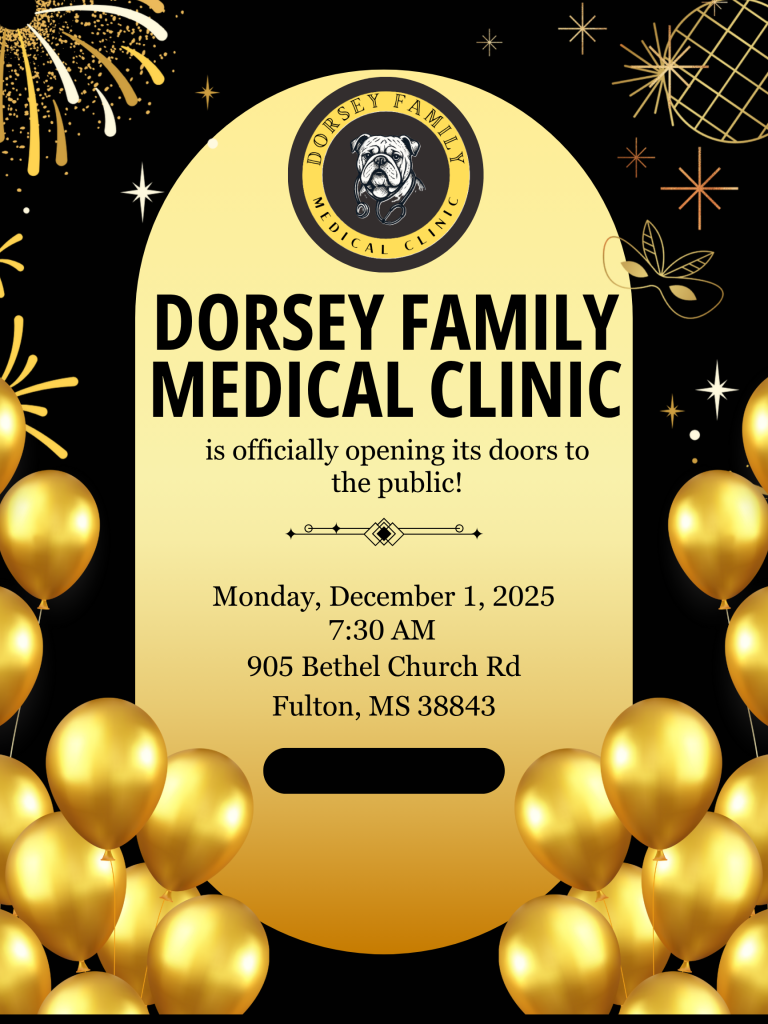
Attention Deficit Hyperactivity Disorder, or ADHD, is a very common yet highly misunderstood mental health disorder in both children and adults. One reason why ADHD is often misunderstood is that the symptoms mimic those of other health conditions such as depression, anxiety, sleep disorders, and certain learning disabilities. Today, we’ll take a look at the signs and symptoms of ADHD.
How ADHD is Diagnosed
ADHD is diagnosed using the guidelines in the American Psychiatric Association’s Diagnostic and Statistical Manual, Fifth Edition, more commonly known as the DSM-5. The main symptoms of ADHD are inattention and hyperactivity. Both symptoms are umbrellas for a series of various symptoms that fall under these categories.
Symptoms of Inattention
Children are diagnosed with ADHD when they display six or more of the following symptoms, while adults and teens over 17 are diagnosed when five or more symptoms are present. Adults and children with ADHD:
- Often fail to pay close attention to detail or make careless mistakes in schoolwork or on the job.
- Often have trouble holding attention to tasks or activities.
- Often fail to follow directions or finish schoolwork, chores, or other duties.
- Often don’t listen when spoken to directly.
- Have trouble organizing tasks or activities.
- Often avoid, dislike, or are reluctant to perform tasks that require mental effort over a long period of time (schoolwork, homework, work tasks, etc.)
- Often lose things necessary for tasks.
- Are often easily distracted or forgetful.
Symptoms of Hyperactivity and Impulsivity
Much like with inattention symptoms, at least six signs of hyperactivity or impulsivity must be present in children and teens under age 16 while at least five symptoms must be displayed in adults. These symptoms should last six months or longer and cause disruption to the patient’s daily life. Children and adults with hyperactivity or impulsivity:
- Often fidget with or tap their hands and feet and/or squirm in their seat.
- Often leave their seat in situations where remaining seated is appropriate.
- Often run about or climb excessively in situations where these behaviors are inappropriate.
- Often are unable to play or take part in activities due to hyperactivity.
- Often demonstrate “on the go” acting.
- Often talk excessively or out of turn.
- Often blurt out an answer before the question given is complete.
- Often have trouble waiting their turn.
- Often interrupt or intrude on others.
In addition to these symptoms, children must also display several symptoms before reaching age twelve. The symptoms must display in at least two different settings such as school and home and the symptoms must interfere or reduce the quality of school, social, and work functions. Additionally, symptoms displayed should not be attributed to another mental health diagnosis such as schizophrenia.
If you are concerned that you or your child are suffering from ADHD, Mantachie Rural Health Care can help. Our behavioral health specialists can diagnose and treat ADHD and work right alongside you or your child’s medical provider to provide the best treatment. Click here to request an appointment now.


